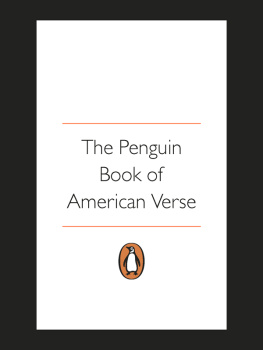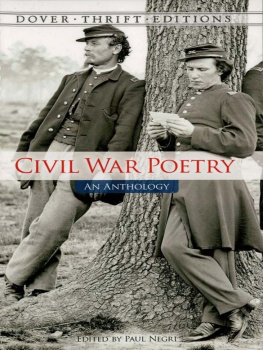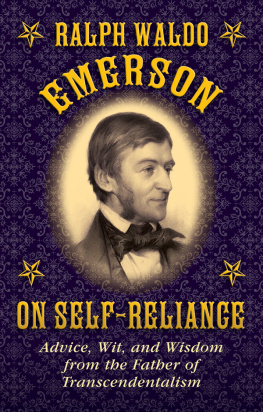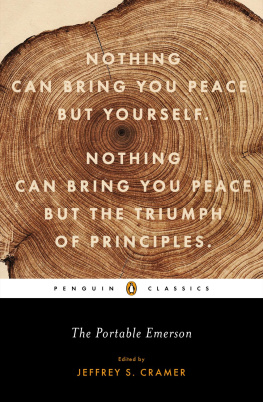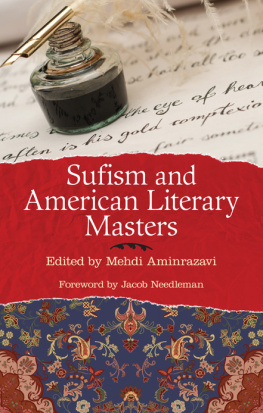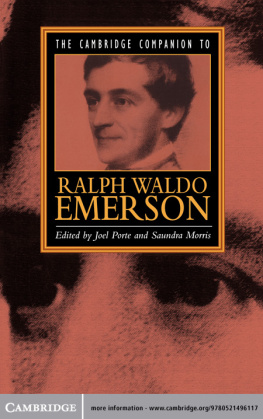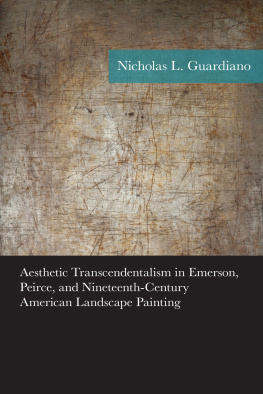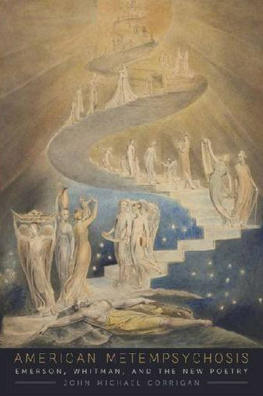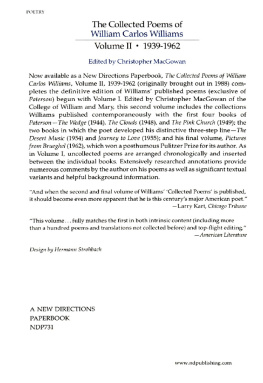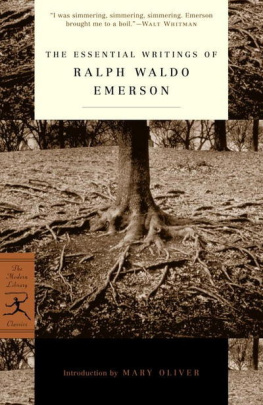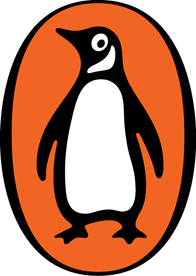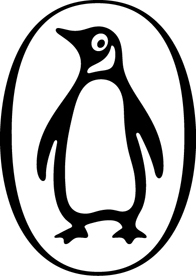Geoffrey Moore was born in London in 1920. After war service in the RAF he read English at Cambridge. His career as an academic included appointments at the Universities of Wisconsin, Tulane, Kansas, Harvard, New Mexico and Southern California. For four years he ran a weekly arts discussion programme from Station WHA, Madison and, subsequently, WNOE, New Orleans. Back in England, he edited BBC TVs
. In 1955 he was appointed to the first full-time lectureship in American literature at a British University (Manchester).
In 1962 he founded the Department of American Studies at the University of Hull, where for twenty years he was Head of Department and Professor of American Literature. From 1976 to 1994 he was a regular reviewer for the Weekend Financial Times. From 1986 he edited and introduced eleven volumes of selected verse by English and American poets. His other publications include Poetry from Cambridge, Poetry Today, American Literature and the American Imagination, American Literature and numerous articles and reviews. He edited Roderick Hudson, Daisy Miller and The Portrait of a Lady for Penguin Classics and was General Editor for the works of Henry James in that series.
Introduction
For
The Penguin Book of Modern American Verse, published in 1954, I selected fifty-eight poets to represent the period between Emily Dickinson and W. S. Merwin. Merwin.
In this anthology the number is over a hundred, and the period spanned has been enlarged to include the major poets of the seventeenth, eighteenth and nineteenth centuries as well as the twentieth. The aim of the earlier book was to introduce to the general public in the United Kingdom the wide variety of American poetic talent in the first half of the twentieth century. This time, however, I felt that a different kind of collection was called for one which would not only cover the whole of American verse from its beginnings but also pay special attention to the extraordinarily vital period which has elapsed since the early fifties. No anthology can be ideal. It is not possible to include everyone; it is certainly not possible to include all the poems one might wish. The economics of the market: restrictions on length, amount available for permissions fees, cooperation or non-cooperation of the poet or his publisher all these things, at least partly, dictate the shape of an anthology.
Within these limits, however, it is a reflection of the editors critical judgement, and the selection both of poets and of poems must stand or fall on its own merit. Nevertheless, the reader may be interested in the principles behind this selection. I have tried to bear in mind two considerations: that of making a book which could be used as a teaching anthology (i.e. one which includes generous selections from the poets normally taught in university courses) and that of making a book which would be representative, so that the full range of American poetry might be brought before the reader unfamiliar with the subject as a whole. For many years there has been a tendency in American anthologies to be restrictive a reaction, no doubt, against the older principle of including as many authors as possible. My own solution is a compromise.
I have cut the classic American poets to a minimum, and given greater weight to the major figures of the between-wars period and to those poets who have emerged since the Second World War. I have also included a number of ballads and parodies, and even a sample or two of public verse, such as The Star-Spangled Banner. Comic poets and the comic side of poets, also have their place, for poetry is not always a matter of O altitude. American literature begins with the literary products of the colonists, for in the seventeenth century may be found the key to much of what follows later. Regardless of the historical importance of the Southern colonies it is the Puritan ethic which has formed, possibly warped, the American soul. This is fully reflected in American poetry.
The Northeastern colonists of the seventeenth century wrote pietistic verse which is far removed from the intellectual sophistication of Donne, Herbert or Marvell. They wrote for a purpose, and writing for a purpose has coloured the whole of American literature. I have selected from the wealth of material provided by Jantz, Meserole, Morison and others a sample of what I consider to be the best verse of Anne Bradstreet and Edward Taylor, adding a dash of Michael Wigglesworth for The Day of Doom is an interesting historical document and also provides unwittingly entertaining reading. Contrary to the usual practice, I have allowed slightly more space to Anne Bradstreet than to Edward Taylor, for although Taylor is intellectually more substantial, his verses make hard going for all but the most dedicated reader. Anne Bradstreets tender humanity is nearer to my heart. Earlier than Katherine Philips (the matchless Orinda), she is the first woman poet in the English language and her response to pioneer conditions is of documentary as well as poetic value.
Unlike Anne Bradstreet, Edward Taylor wrote in what might be called a metaphysical style the result of isolation since he was, in fact, born eleven years after Dryden. Typically, he is the one poet who is rescued from the meagre pickings of seventeenth-century New England verse by American editors who compile anthologies with such titles as Masters of American Literature. To my mind, however, he is not a great poet and it does American literature a disservice to claim that he is. As well as being physician to his community, Taylor was a Puritan preacher, and the range of his thought was limited by his embattled and lonely situation. His verse does not have the striking appeal and challenge of the English metaphysicals, whose style of far-fetched conceits he adopted. The seventeenth-century American could not afford to let any chink be seen in his armour.
Otherwise there might penetrate not only lust and sloth, but Arminianism, Antinomianism, Quakerism, the terrifying possibility of there being an alternative attitude to life. All this is revealed by a comparison of the poems of Bradstreet, Taylor, Wigglesworth, Tompson and the rest with the wealth of English poetry in the seventeenth century. Culturally speaking, colonies cannot be expected to compete with the motherland that is self-evident, and one only suggests the comparison in order to let it be seen what Americans have had to contend with in becoming aware of indeed developing their own tradition. Perhaps the most important consequence of the peculiarly American combination of colonialism and Puritanism was that irony was scarcely available to the early Americans. There is no note in American poetry in the seventeenth century comparable to that of Herberts The Pulley. Not the making but the message primarily concerned the Puritan poet.

